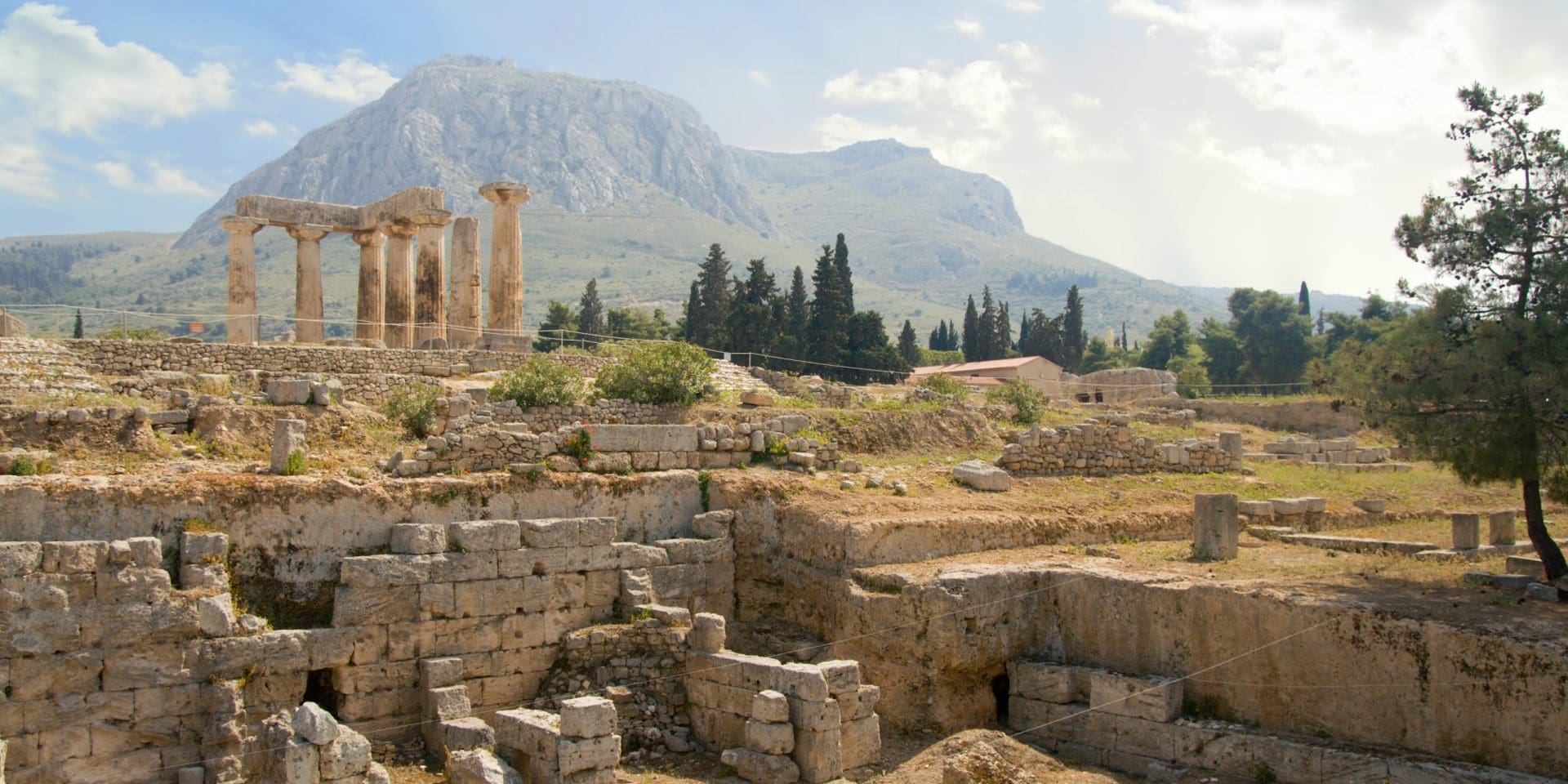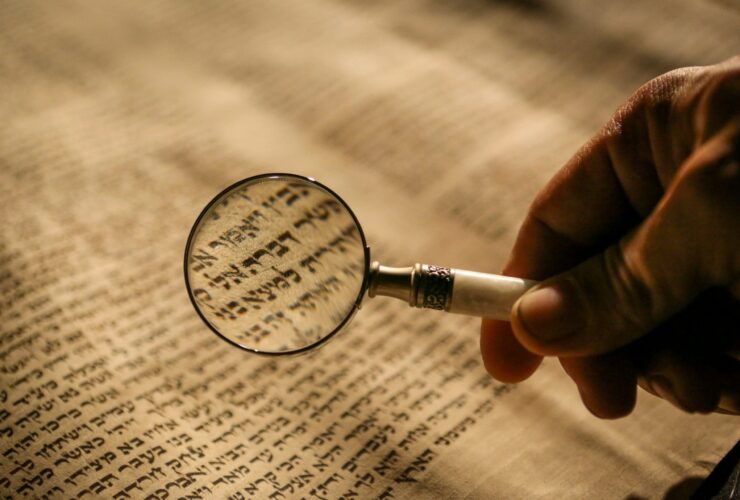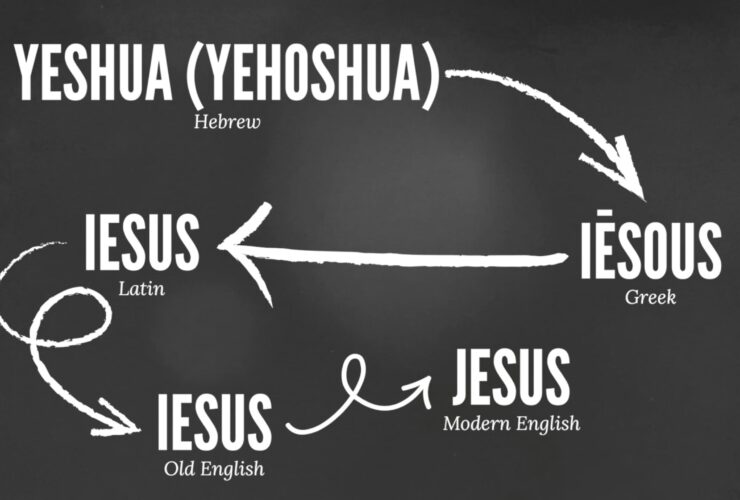The book of Acts lets us know that Paul stayed at the city of Corinth for a year and a half (Acts 18:11) despite the average 1-2 month stay he would have held to, to account for the cities on his extensive travel list. Paul also wrote at least three letters to the Christians at Corinth represented by 1st and 2nd Corinthians. When looking at ancient Corinth it becomes easy to see why it would have been a good place for Paul to hunker down and teach.
Corinth was made a Roman colony by Julius Caesar in 44BC, the influx of imperial money and construction that brought with it ensured the city would prosper. Settlers were brought to Corinth to kickstart its new economic and political purpose, but due to most of them being freed slaves and from poorer segments of the Empire’s population they drew criticism from the more elite Roman citizenry (i.e., the poet Crinagoras).
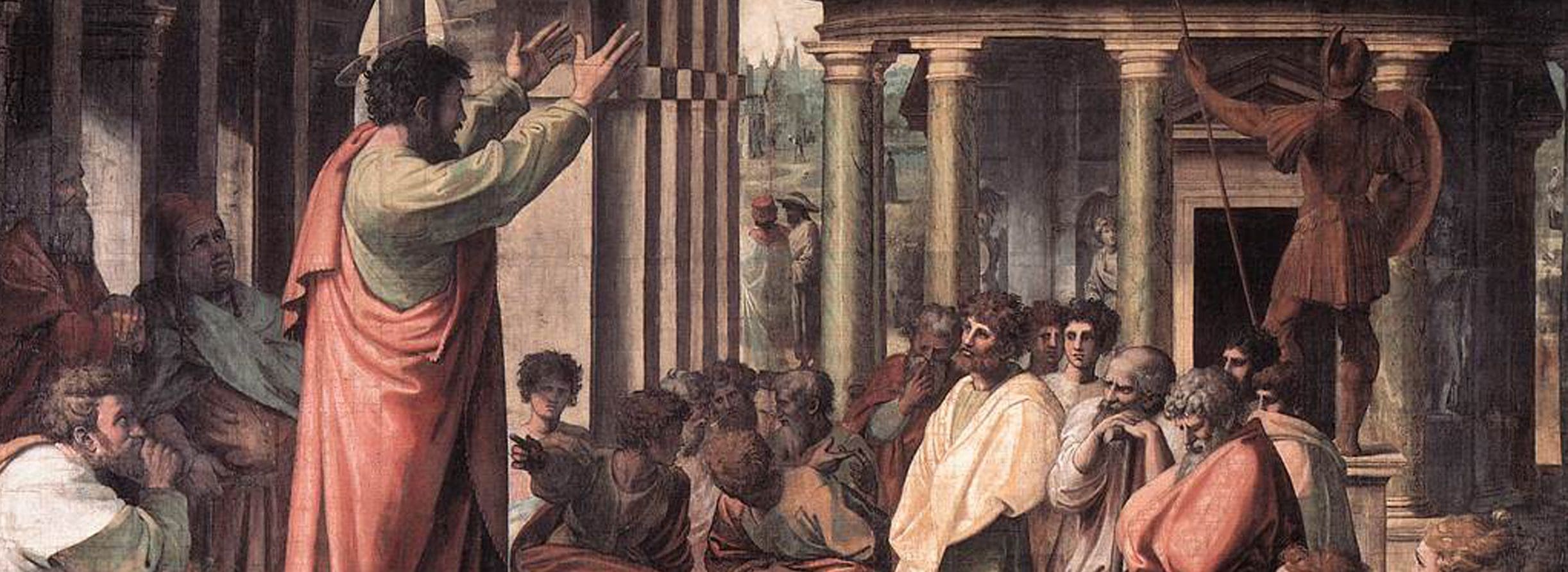
Despite this criticism Corinth quickly grew into a large, prosperous roman colony and was made the capital of the Roman province of Achaia (est. 21BC). Interestingly, in Acts 18:12-17 we are told that near the end of his time in Corinth, Paul was brought before the Roman governor Gallio. It’s known that Lucius Junius Gallio arrived as proconsul in the summer of 51AD (inscription from Delphi), giving us a starting time of Paul’s stay around the beginning of 50AD.
Corinth was so important to the Roman Empire because of its strategic location. It controlled land trade routes and sea trade routes. At Corinth there was a 3 mile stretch of land separating the Aegean and Adriadic Seas, a specialized road and wooden cars were built (the diolkos) that could pull smaller ships across land, or the cargo of larger ships, saving them a 200-mile sea journey around the peninsula. Corinth also housed a large temple to the god of healing (Asklepius). Sick pilgrims would travel from all around so they could go to the Temple to bath, dine, exercise, and stay waiting for healing.
In Paul’s time, Corinth was also responsible for the great Isthmian Games: Sporting competitions held every two years, in honor of the sea god (Poseidon) and by his shrine about 10 miles from the city. The massive arrival of athletes and spectators brought what they still do to this day, money and unfortunately, prostitution. At Corinth, Paul could preach to travellers, sailors, and merchants who could spread the gospel far and wide. Thanks to the city’s well-connected location he could send missionaries and letters quickly (1 Thess. 3:1-7). The Isthmian Games created a thriving market for Paul’s tentmaking profession to financially support himself (Acts 18:2-3), and it would have opened evangelistic opportunities to preach to the crowds.
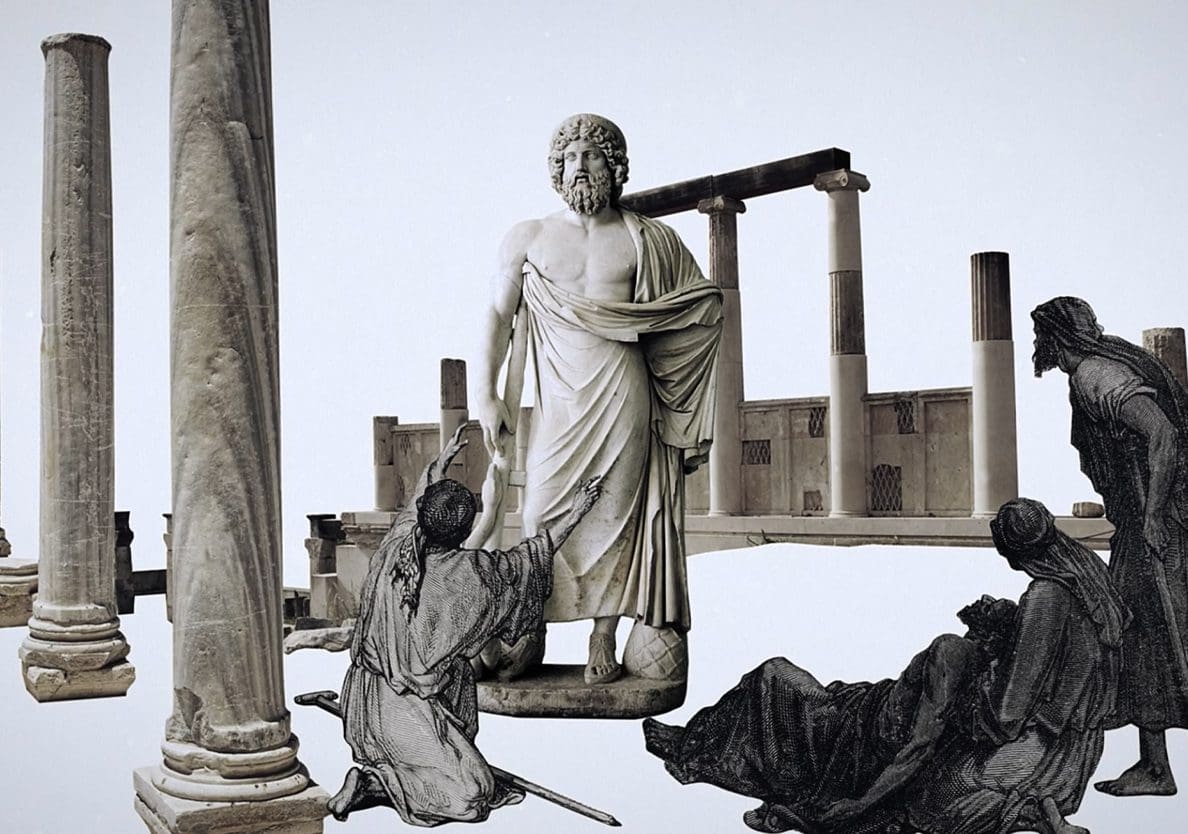
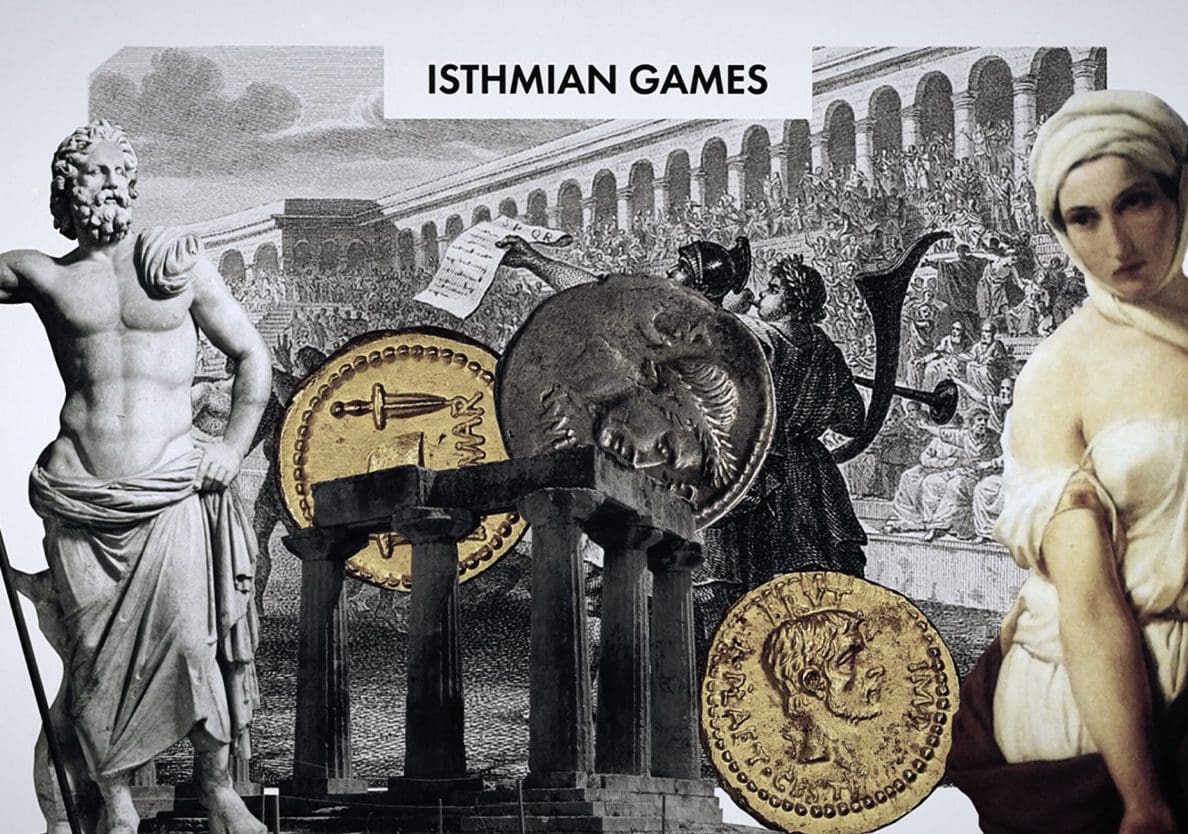
Corinth’s bustling life gained it a reputation for outrageous immorality. Travellers and revellers grew the city’s seedy underbelly, and the population kept it going. Paul’s emphasis on outstanding moral living (1 and 2 Corinthians) reflects this. If Gentile Christianity could thrive here, in the most immoral of places, then it could thrive anywhere.
Biblical researchers have also long noted that the analogies Paul uses in Corinthians reflect peculiarities of the city’s life. During Paul’s stay the city had been undergoing renovations ordered by Emperor Claudius (41-51AD), and Paul uses construction language for the building up of the Church (1 Cor. 3:9-17). Paul also speaks of mirrors (1 Cor. 13:2; 2 Cor. 3:18) and Corinth was famous for its uniquely coloured bronze items including mirrors (Furnish, 1988). The Isthmian Games that Paul would have experienced in the summer of 51AD may have even informed his athlete analogy (1 Cor. 9:24-27) (Furnish, 1988). Paul seems to have tailored his letters to speak specifically to the culture that he had come to know so well.

Corie Bobechko is a daily co-host, speaker, and writer of Bible Discovery. She also hosts a YouTube channel that shows how history and archaeology prove the Bible. Her heart for seekers and skeptics has led her to seek truth and share it with others. Corie also has a Bachelor of Theology from Canada Christian College.
• Cole, Dan P. “Corinth & Ephesus,” Bible Review 4.6 (1988): 20–30.
https://www.baslibrary.org/bible-review/4/6/6
• Furnish, Victor Paul. “Corinth in Paul’s Time—What Can Archaeology Tell Us?” Biblical Archaeology Review 14.3 (1988): 14–27.
https://www.baslibrary.org/biblical-archaeology-review/14/3/1



